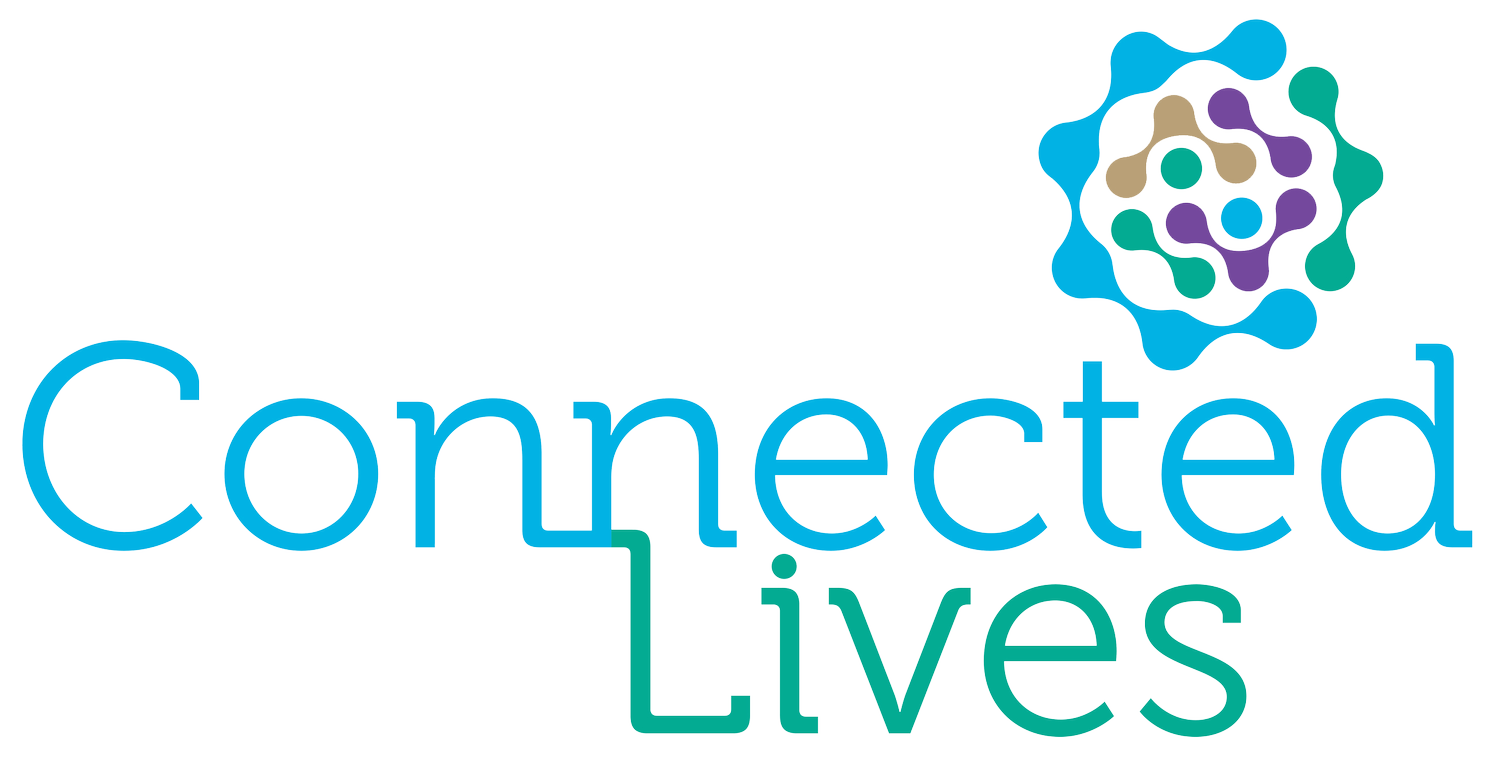Being-with: a gift of relationship
“It’s important to stop and do nothing sometimes.”
How many of us have heard this? How many of us manage to ‘do nothing’? This certainly isn’t something that comes easily to me. I wonder what unexpected things might open up for us when we are able to ‘be’, rather than to ‘do’?
The other day I was sitting in my garden waiting for someone to arrive at the door, so yes, I was doing something! I was waiting. The visitor was late to arrive and so I had the chance to sit and be. I put my legs up on a chair opposite me and enjoyed the sun. In this moment my pre-teen came up and sat on the chair where my feet were positioned and proceeded to put his legs up on mine. We sat like this for almost an hour, as he told me all about life at school – the most I have heard since he started at his new secondary school last September. I said virtually nothing. I listened. I was present.
Looking back on this encounter – which I must say happens rarely with my twelve-year-old son – I began to wonder what had made this special moment possible. Revd Dr Samuel Wells describes such an encounter as ‘being-with’[1]. Wells says that ‘being-with’ involves showing up and paying attention. It doesn’t sound too difficult, does it?! Yet in the busyness of our lives, filled with our many thoughts, things that ‘have to be done’ and the pull of social media, the simplicity of presence and attention can be very difficult to achieve. Unusually, in fact very unusually, my mobile phone was not next to me and wasn’t even in the same place as me. Wells talks powerfully that in our world where being immediately contactable is a given, putting our mobile phone away is actually a way of saying “I love you.” [2]
Similarly, the idea of ‘being-with’ is at the heart of the parenting group we run at Connected Lives - Circle of Security Parenting [3]. One of the things we reflect on during the group is to consider how able we are to ‘be-with’ our children in all of their feelings. This can depend on how able our own parents were to ‘be-with’ us in these emotions. As a facilitator, I find this exercise profound and for many parents this can be the starting point in a shift from thinking about parenting as a role to be done, and rather more as a relationship to be entered into.
Many years ago, I went to live alongside people with learning disabilities in a L’Arche Community [4]. There I met a man whom I will call John who transformed my view of relationships. John did not speak, yet he taught me what ‘being-with’ looks like from the inside-out. John liked to spend time ‘being-with’ me. In his silence, in his presence, I came to know I was loved. Deeply loved. Loved in a way I had never known before.
Thanks to my visitor running late, I was given the opportunity to ‘be-with’ my son. This was not something I did to fill the time, but the real reason for being in the moment.
[1] A Nazareth Manifesto: Being with God. Samuel Wells. (2015).
[2] https://www.larche.org.uk/news/sam-wells-on-being-with-and-belonging-in-a-time-of-loneliness
[3] https://www.circleofsecurityinternational.com/
[4] https://www.larche.org.uk/
Helen Bell
